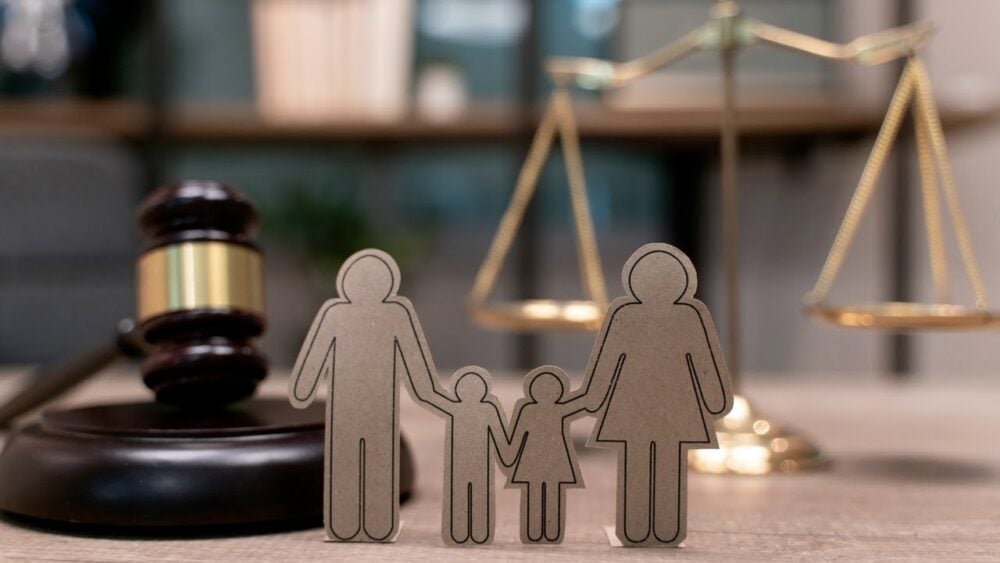This website contains information on how to get family solicitors legal aid. It defines legal assistance when it is accessible and the types of service it provides. It also contains information on the proof required for legal aid.
Family solicitors legal aid
You may feel that legal assistance for family law is no longer accessible and, as a result.
You cannot afford to have an attorney or barrister advise or represent you in court.
It’s possible that this isn’t the case.
If you qualify, Family solicitors legal aid is still accessible in the following areas of family law:
What exactly are Family solicitors legal assistance?

Family solicitors legal aid
Legal assistance is a government program that assists you in paying for family mediation, legal advice, and court representation.
Legal assistance has grown more difficult to obtain after the law was modified in 2013, yet some are still eligible.
Whether or whether you are eligible for legal assistance is determined by the following factors:
- What legal issue do you have?
- How much money do you make, or how much money do you get in perks?
- Any money you have set aside.
- Whatever real estate you possess.
- Your argument is strong (a solicitor can help you work this out).
What sorts of legal assistance are available?
Family solicitors legal aid will help you pay for a solicitor’s hourly rates or set costs in your case.
There are several sorts of legal assistance:
A solicitor can counsel you and negotiate with the opposing side, but they cannot defend you in court.
Mediation with the other party: a solicitor can assist you in communicating with the other party through conciliation.
Legal Representation: A solicitor can prepare your case and represent you in court, or they can hire a barrister to do so.
What kinds of family concerns may I seek legal help with?
The following family concerns are eligible for legal assistance:
Family mediation: to settle disagreements over children and finances following a partnership breakup.
Applications for a non-molestation order or occupancy order:
The Protection from Harassment Act of 1997 allows people to apply for a restraining order.
Kid Arrangements Orders, Prohibited Steps Orders, or Specific Issue Orders if you or your child has been subjected to or is in danger of being subjected to violence or abuse by the opposing party.
Application for forced marriage protection orders; actions initiated by the local authorities for a care order or supervision order; representation for children made parties to private family law proceedings.
Situations where your kid has been or is likely to be removed from the UK without your permission.
Section 51A of the Adoption and Children Act 2002 allows for applications for post-adoption contact.
From December 10, 2015, onwards, there is evidence of domestic violence or child abuse for a youngster who witnesses the case.
Applications for post-adoption contact under section 51A of the Adoption and Children Act 2002, either where there is evidence of domestic violence or child abuse or for a child who is a party to the proceedings, will be accepted starting December 10, 2015.
You do not need to get evidence before speaking with the Family solicitor’s legal aid or Civil Legal Advice. Still, the proof will be required to determine if you are eligible for legal assistance.
We can help you locate legal aid lawyers.
Fields where legal aid is available:

Family solicitors legal aid
If you qualify, Family solicitors legal aid is still accessible in the following areas of family law:
If social services seek a care order, supervision order, or emergency protection order for your children, legal assistance is always accessible.
It may also be available to extended family members, but this depends on whether they are eligible based on their means and the strength of their case.
Non-molestation orders, occupancy orders, orders under the Protection from Harassment Act, and forced marriage protection orders are all examples of family injunctions.
When the individual in need of legal assistance is a kid under the age of 18 who is a party to a family dispute.
International and domestic child abduction includes obtaining an injunction to prevent a child from being unlawfully taken from the United Kingdom or getting the return of a child who has been unlawfully removed inside the jurisdiction.
If you have proof of domestic violence or child abuse, you can file a private children’s dispute.
Where you have proof of domestic violence, divorce, and financial concerns are essential.
Check to see if your legal issue qualifies for legal assistance

Family solicitors legal aid
Only some types of difficulties are eligible for legal aid.
If you meet the following criteria, you may be eligible for legal assistance:
You want to go to mediation to work out issues with your exes, such as child custody arrangements or finances after your divorce.
You seek a court injunction to protect you from your ex-spouse or another member of your family who is abusing you.
An injunction or a non-molestation order are standard terms for this action.
You may also require an order stating that the abusive individual is not permitted to visit or reside with you for a specified period.
An occupation order is what it’s called.
You’ve been subjected to or will be subjected to domestic abuse by your ex. You’d need legal assistance regarding your divorce or civil partnership dissolution, money, or child custody arrangements.
You’ll need proof of domestic violence.
Your case involves a kid (for example, you may be attempting to figure out who your child should live with).
And that child is at risk of being abused by the person engaged in the case (for example, your ex). You’ll have to show proof of child abuse.
Conclusion
The content in this article about Family solicitors legal aid is solely applicable to England and Wales and is provided for informational reasons.
If you reside in another country, the legislation may be different.
The legislation is difficult to understand.
The guidance has been condensed to give you an understanding of how the law relates to you.
Please don’t take this guide as a complete legal statement.
We recommend that you seek advice from the official sources in your country.
READ MORE: Why Is It Important To Seek Free lawyer consultation online?